If you have very high standards for yourself and others, and find that these standards are rarely met, you could be ‘suffering’ from perfectionism.
Perfectionists cannot tolerate mistakes and typically want whatever they do to be flawless. They have a highly active inner critic who is constantly berating them for making mistakes, even the smallest one.
They are also intolerant of other’s mistakes and may end up constantly nagging and criticising the people they live and work with.
While it’s good to have high standards, if these standards are unrealistic and never attained, you will be in a constant state of stress and negativity. This is certainly not good for your mental and physical health, nor is this good for your relationships which will suffer because of the constant criticism.
Why are perfectionists so hard on themselves and others?
Perfectionists behave the way they do for a variety of reasons such as:
- They have a fear of failure.
- They have a fear of rejection.
- They want to avoid being criticised and judged by others.
- They feel out of control in their lives and use perfectionism to feel in control.
- They lack confidence in themselves and have a high level of self-doubt.
At the heart of perfectionism is the deep-rooted desire, probably stemming from childhood, to be loved and accepted for who you are. Perfectionists fear that if they make mistakes or do something wrong, they will not be loved and accepted. They will be rejected.
Perfectionists are also unable to tolerate human errors and they see a mistake as a ‘crime’ or being ‘bad’ rather than an opportunity to grow and learn.
According to American author Brene Brown, “People who are walking around as perfectionists are ultimately afraid that the world is going to see them for who they really are and [that] they won’t measure up.”
Tips to Overcome Perfectionism
- Accept what is: Accept the reality of the situation you are in. And accept your own personal reality and the reality of those you are criticising. Once you accept what is, you will be able to lower your unrealistic standards and set realistic ones.
- Change your focus from the negative to the positive: Instead of focusing on what is not working in a situation, see what is working. For instance, if you have been critical about your performance on stage, turn your attention to what you did well. This will encourage you to learn from your mistakes and do better next time. You can use this same strategy for evaluating the behaviour of others.
- Adopt an attitude of forgiveness and compassion: When you forgive yourself and others for making a mistake, you allow yourself to look for solutions rather than staying stuck in negative feelings of guilt and failure.
- Stop taking life so seriously: Instead of taking life and yourself so seriously, laugh more and have some fun.
- Take constructive action: Instead of beating yourself up for making a mistake, take action to move forward and achieve your goal.
- Pursue excellence instead of perfection: Set high standards for yourself by all means but pursue excellence, not perfection. Perfection is negative and keeps you focused on what isn’t working, excellence is positive and focuses on moving forward.
- Drop the ‘shoulds’ from your life: Ask yourself what you want to do rather than what you should do.
Brene Brown suggests doing a reality check when your inner critic is bombarding you for being a failure. She says you should ask yourself the following questions:
- Are my thoughts factual, or are they my interpretations?
- Am I jumping to negative conclusions?
- Is this situation as bad as I’m making it out to be?
- What’s the worst thing that could happen?
- Will this matter in five years?
The key to overcoming perfectionism, like with everything else, is to start with small steps and take these steps every day until you break your perfectionist habit and develop a more relaxed and tolerant way of thinking.
